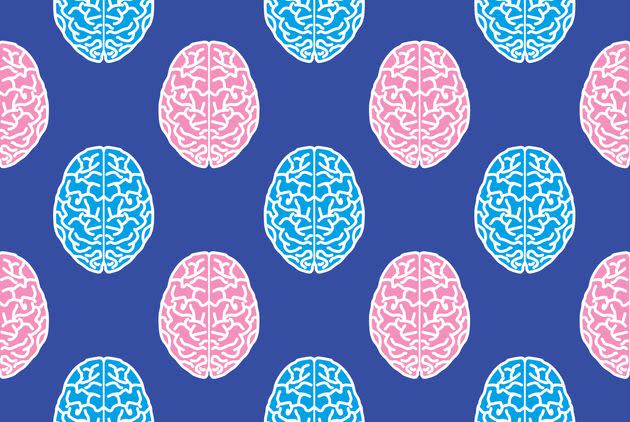This Is What Happens To Your Brain When You Work Too Hard

(Photo: RobinOlimb via Getty Images)
It’s not uncommon to feel absolutely wiped after a day of intense thinking, whether that’s planning, organising or doing some other mental task that requires a lot of concentration and effort – and it turns out there’s a very real reason for that.
Researchers wanted to know what mental fatigue really is after wondering why machines can compute continuously, but the brain can’t. They found that when intense cognitive work is prolonged for several hours, it causes toxic byproducts to build up in a part of the brain known as the prefrontal cortex.
This, in turn, alters your control over decisions. Basically your brain takes over and anything else requiring a lot of effort is shunned in favour of what researchers call “low-cost actions” – basically actions that require little or no effort.
In short, our brains say: “Nope, that’s it. I’m done for the day.”
To unearth this finding, magnetic resonance spectroscopy (MRS) was used to monitor brain chemistry in two groups of people over the course of a work day. The first group drew the short straw and needed to think hard, while the other group had relatively easier cognitive tasks to perform.
In the group doing hard work, researchers saw signs of fatigue, including reduced pupil dilation.
The choices of the people in the hard working group also altered, with them leaning towards options proposing rewards at short delay with little effort.
But perhaps what is most interesting is that people in this group had higher levels of glutamate in synapses of the brain’s prefrontal cortex.
This, the researchers say, supports the notion that glutamate accumulation makes further activation of the prefrontal cortex more costly, meaning that cognitive control is more difficult after a mentally tough workday.
Study author Mathias Pessiglione, of Pitié-Salpêtrière University in Paris, France, says: “Influential theories suggested that fatigue is a sort of illusion cooked up by the brain to make us stop whatever we are doing and turn to a more gratifying activity.
“But our findings show that cognitive work results in a true functional alteration—accumulation of noxious substances—so fatigue would indeed be a signal that makes us stop working but for a different purpose: to preserve the integrity of brain functioning.”
The findings are pretty important as, going forward, monitoring of the same parts of the brain could help to detect severe mental fatigue, which could help people adjust their work agendas to avoid burnout.
Vital exhaustion, or burnout, is classified by the World Health Organisation (WHO) as an “occupational phenomenon”. It results from “chronic workplace stress that has not been successfully managed,” says the WHO, and is characterised by three factors: feelings of energy depletion or exhaustion; increased mental distance or negativity surrounding your job; and reduced productivity.
Left unchecked, it can cause physical problems. One study linked the issue to atrial fibrillation (AF) – an irregular heartbeat – which is a major cause of stroke.
If you do find that a day of hard thinking has made you feel wiped, it’s time to listen to your brain and down tools.
“I would employ good old recipes: rest and sleep [to help your brain recover],” says Pessiglione. “There is good evidence that glutamate is eliminated from synapses during sleep.”
He also advises people to avoid making important decisions when they’re tired.
This article originally appeared on HuffPost UK and has been updated.

 Yahoo Movies
Yahoo Movies 